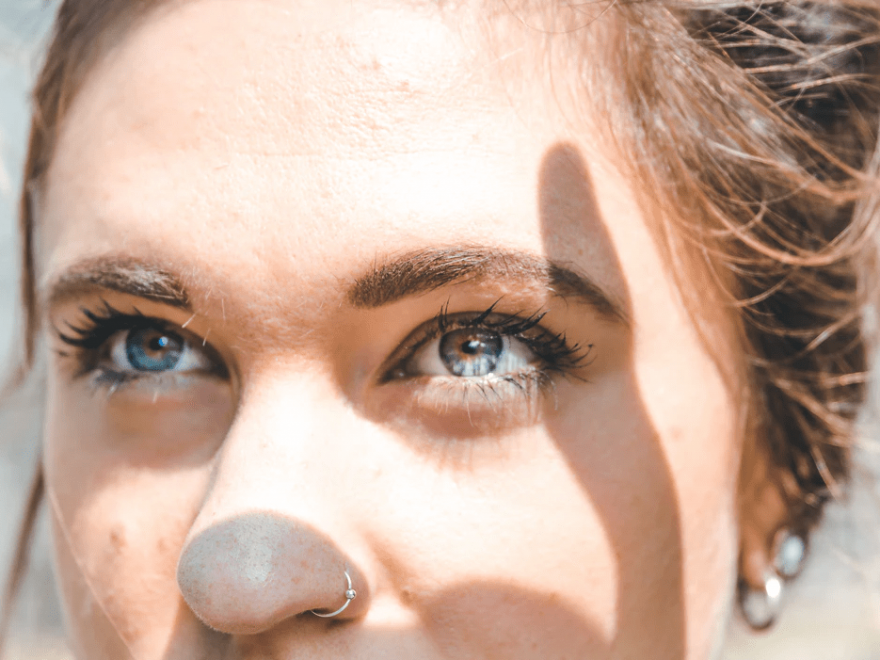In 95% of people with acne vulgaris, acne scars occur. The acne patient develops a common condition after an acne outbreak or a cystic acne episode, and while not everybody, it is sometimes more difficult to treat than acne itself. Acne cells can largely be classified as acne scars in atrophy and hypertrophy. The most common type of scars seen in patients is atrophic scars, including:
- Rolling: looks like a wave, shallow with sloping rounded edges
- Boxcar: scars with angular, separate edges that are more widespread
- Ice pick: Deep Scars
While these scars can happen to anyone, there are ways you can get rid of them. There are acne scar removal treatments available in cosmetic clinics around you. Just make sure you go to a qualified dermatologist who has years of experience if you want to ensure that the procedure will be safe and effective.
Unfortunately, we are the reasons why we have acne scars. Here are some mistakes you might have done, which may lead your acne into developing a scar.
Mistakes You’re Doing that Leads to Acne Scarring
The types of acne scars are each distinct, requiring different treatments and their depth varies. Post-inflammatory hyperpigmentation is a common disorder that arises after a breakout but which does not look similar to acne scar. Acne scars can be a distressing condition in a world where we are often judged for our appearance, which is sadly seen in Asian skin.
You constantly touch your face
A person can actually do more damage than good when they pop their own pimples. If you pinch or squeeze your acne, you will only be able to leave a scar. It can also leave a mark for weeks to come that will stain the skin. Visit your dermatologist for an extremely fast cortisone injection. Many insurances would actually cover the cost of a shot of cortisone.
You’re handling your acne in a rough way.
It will irritate your skin and exacerbate your acne if you get too hard on your acne. The skin is a highly sensitive organ, and you can avoid acne inflammation by using soft purifiers instead of abrasive scrubs. Let your acne treatments do the hard work and leave the hard things behind.
You use harmful cosmetic products to cover-up your acne
You use makeup to cover your acne as soon as you start to notice them. It can actually be the main cause of why new breakouts are happening especially if your makeup is oil-dependent. It should be labelled “oil-free” and “non-comedogenic,” if you plan to use makeup on your acne. It is a shame to let your makeup sabotage you after all your attempts to keep your skin looking the best.
You constantly ignore your acne
Many people have acne for years before a dermatologist comes to see them. Ignoring your acne is the worst response to acne. It would be best if you act immediately and try to reduce the inflammation of your acne before it develops a scar. It is now time to motivate to see a dermatologist if you have any moderate to serious cystic acne.
You’re following the wrong procedure.
Acne has all kinds of distinctions, and so do the treatments. Acne is formed in several ways:
- Cysts
- Nodules
- Blackheads
- Whiteheads
Speak to your dermatologist and search for a hybrid solution instead of just using one ingredient, which can only deal with one form of acne lesion. Using a combination of medical treatment and home care will improve the treatment of acne outcomes.
You’re doing DIY tips that have no valid proof of effectiveness.
Avoid looking at the solutions to your acne issues on Pinterest. Scientists have now spent a great deal of time, creating very effective acne medicines. Talk to a dermatologist and get an acne treatment prescription that guarantees that your acne is transparent and that you can spare your skin the side-effects of using harsh ingredients.
Prevention Tips & Treatment Procedures
Besides keeping your hands off your face, using a specialist SPF and incorporating a successful acne-fighting system into your skincare routine, you can also find a couple of items and procedures to make your acne scars less noticeable.
Fade creams that you can avail over-the-counter tend to work on not too deep hyper-pigmented wounds. In conjunction with hydroquinone, kojic acid, or liquorice, experts usually recommend a fading cream like Retin-A to those who want to lighten the scars. Retinoids can assist in building collagen under the cells. However, most patients who look for topical treatment do not always yield miraculous results.
Treatments such as lasers, chemical peels, dermabrasion, or subcision will be your best option if you’re looking for safe and effective results. These procedures can be expensive, but the outcomes are typically met by patients. But there are some less expensive treatments available if lasers aren’t up your road. Microneedling, for instance, is a technique that constructs collagen under the scar and costs considerably less than the conventional laser, but it typically takes several sessions to render scars shallow.
